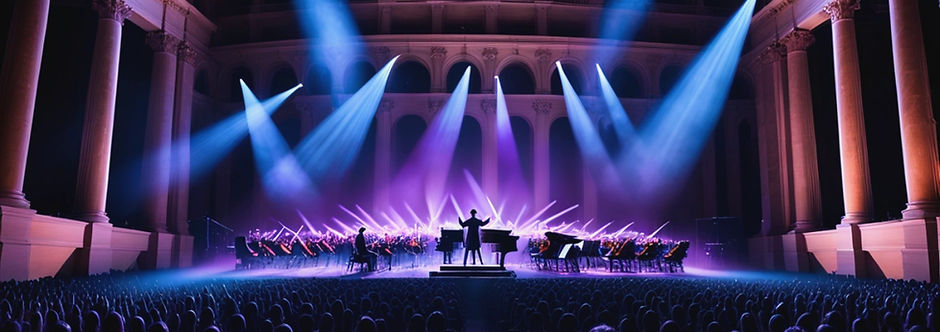
Artificial intelligence is transforming the music industry, bringing both excitement and controversy. At the center of this technological revolution is "Heart on My Sleeve," a song that has become the most famous example of AI-generated music, sparking debates about creativity, authenticity, and the future of the music industry.
The Controversy and Fame of 'Heart on My Sleeve,' The Most Famous AI-Generated Song

As AI technology becomes more sophisticated, its ability to create music that closely mimics human artists has led to ethical and legal challenges. The controversy largely stems from the use of AI to replicate the voices and styles of real musicians without their consent. This raises fundamental questions: Does AI threaten the authenticity of music? Can a machine-produced song ever carry the same emotional weight as one created by a human artist?
These concerns came to the forefront with "Heart on My Sleeve," a song created by an anonymous TikTok user known as ghostwriter977. Using AI, ghostwriter977 generated a track that sounded remarkably like a collaboration between Canadian superstars Drake and The Weeknd. The song quickly went viral on platforms like TikTok, Spotify, and Apple Music, capturing public attention and raising alarms in the music industry.
The legal implications were swift. Universal Music Group (UMG), representing both Drake and The Weeknd, took down the song from major streaming platforms, citing copyright infringement. This action underscored the difficulties in regulating AI-generated content and the challenges that existing copyright laws face in addressing this new frontier.
Public Reception: Fascination and Skepticism
Public reaction to AI-generated music is a mix of awe and skepticism. Many are captivated by how convincingly AI can replicate the sound and emotion of popular artists, as seen with "Heart on My Sleeve," which left listeners amazed by its lifelike portrayal of Drake and The Weeknd.
However, critics argue that while AI is technically impressive, it lacks the soul and authenticity that comes from human experience. Despite these concerns, some listeners are indifferent to the origin of the music, caring more about the quality of the song itself, signaling a shift in how we view creativity in the digital age.

What is the Most Famous AI-Generated Song?
"Heart on My Sleeve" is the most famous AI-generated song to date. Released in April 2023, it quickly went viral not just for its catchy melody, but also for the controversy it sparked. Created by ghostwriter977, the track uses AI to mimic the voices of Drake and The Weeknd so convincingly that many believed it was a genuine collaboration.
The song, despite—or perhaps because of—the legal challenges it faced, has become a landmark in the discussion about AI’s role in music, highlighting how AI is pushing creative boundaries and redefining originality in the industry.

Other Notable AI Music Projects
"Heart on My Sleeve" is just one example of AI's impact on music, with several other prominent artists experimenting with AI to much acclaim.
Grimes: The avant-garde pop artist has embraced AI as a creative partner, collaborating with the AI-driven app Endel on a project called AI Lullaby. This collaboration produced ambient music designed to help listeners relax and sleep, showcasing how AI can be used for specific, functional purposes in music.

Taryn Southern: In 2018, Taryn Southern released I AM AI, an album composed entirely with the help of AI tools like Amper Music and Watson Beat. Southern was one of the first artists to openly embrace AI in her music creation process, framing it as a collaboration rather than a replacement for human creativity.

Holly Herndon: An experimental artist, Herndon created her album PROTO with the help of an AI "baby" named Spawn. Spawn was trained on hours of audio and contributed vocals and other sound elements to the album, making Herndon one of the most vocal proponents of AI as a tool for artistic innovation.

The Future of AI in Music
As AI continues to evolve, its role in music will likely expand, bringing both opportunities and challenges. On the one hand, AI offers new possibilities for creativity, allowing artists to experiment with sounds and styles in ways that were previously unimaginable. On the other, it raises important questions about the value of human creativity and the legal and ethical frameworks needed to govern this new landscape.
"Heart on My Sleeve" may be the most famous AI-generated song today, but it is unlikely to be the last. As the technology improves, we can expect more AI-driven music to emerge, further blurring the lines between human and machine creativity and continuing to challenge our understanding of what music can be.

Comments